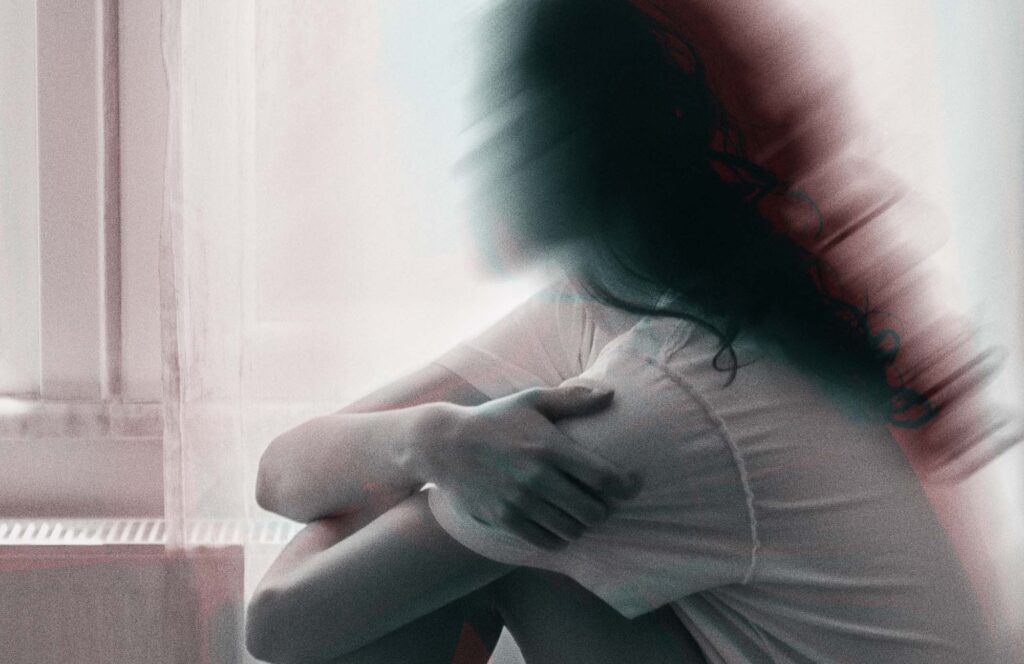What is psychosis?

Guide
Psychosis is a condition that affects the way your brain processes information. It causes you to lose touch with reality. Psychosis is a symptom, not an illness. It can be triggered by a mental illness (like schizophrenia or bipolar disorder), a physical injury or illness, substance abuse, or extreme stress or trauma.
Symptoms of psychosis
- Gradual changes in the way you think about and understand the world
- Hang on to unusual beliefs or thoughts, no matter what others say
- A drop in grades or job performance
- Trouble thinking clearly or concentrating
- Suspiciousness or unease around others
- Stop taking care of yourself
- Spending more time alone than usual
- Stronger emotions than situations call for
- No emotions at all
Treatment
Treatment depends on the cause of your psychosis, for example antipsychotic medication. Whereas, you might need treatment in a hospital if you’re at risk of harming yourself or others. Psychosis can be a one-off experience or be linked to other long-term mental health conditions. Some people can make a complete recovery.
To access treatment for psychosis, you usually need to have an assessment by a specialist mental health service, like Virtu.
Additional resources
Orygen – Resources: Psychosis
Sane – Facts & Guides: Psychosis
Want more resources like this one?
Get articles & insights direct to your inbox.
What next?
Whenever you’re ready, here are 3 ways we can achieve your ultimate wellbeing goals:
- Book an appointment: Whether you're in a bustling city or a remote rural area, our services are just a click away.
- Explore our resources: Let us be your go-to for all things health & wellness. Take a look at our helpful blogs, guides and more.
- Share with a friend: If you know someone who’d benefit from reading this page, share it with them via email, Facebook, X (Twitter), or LinkedIn.



